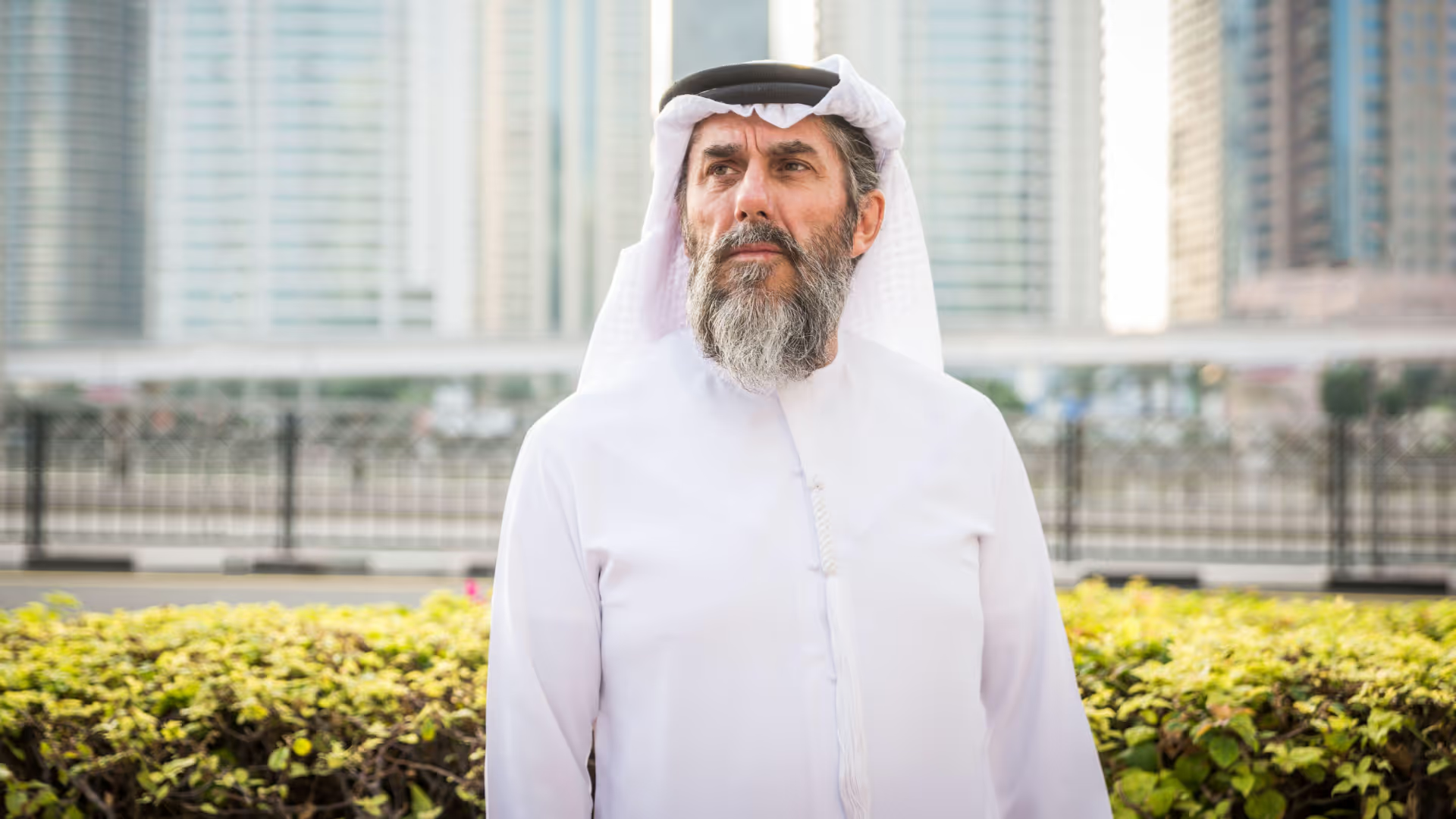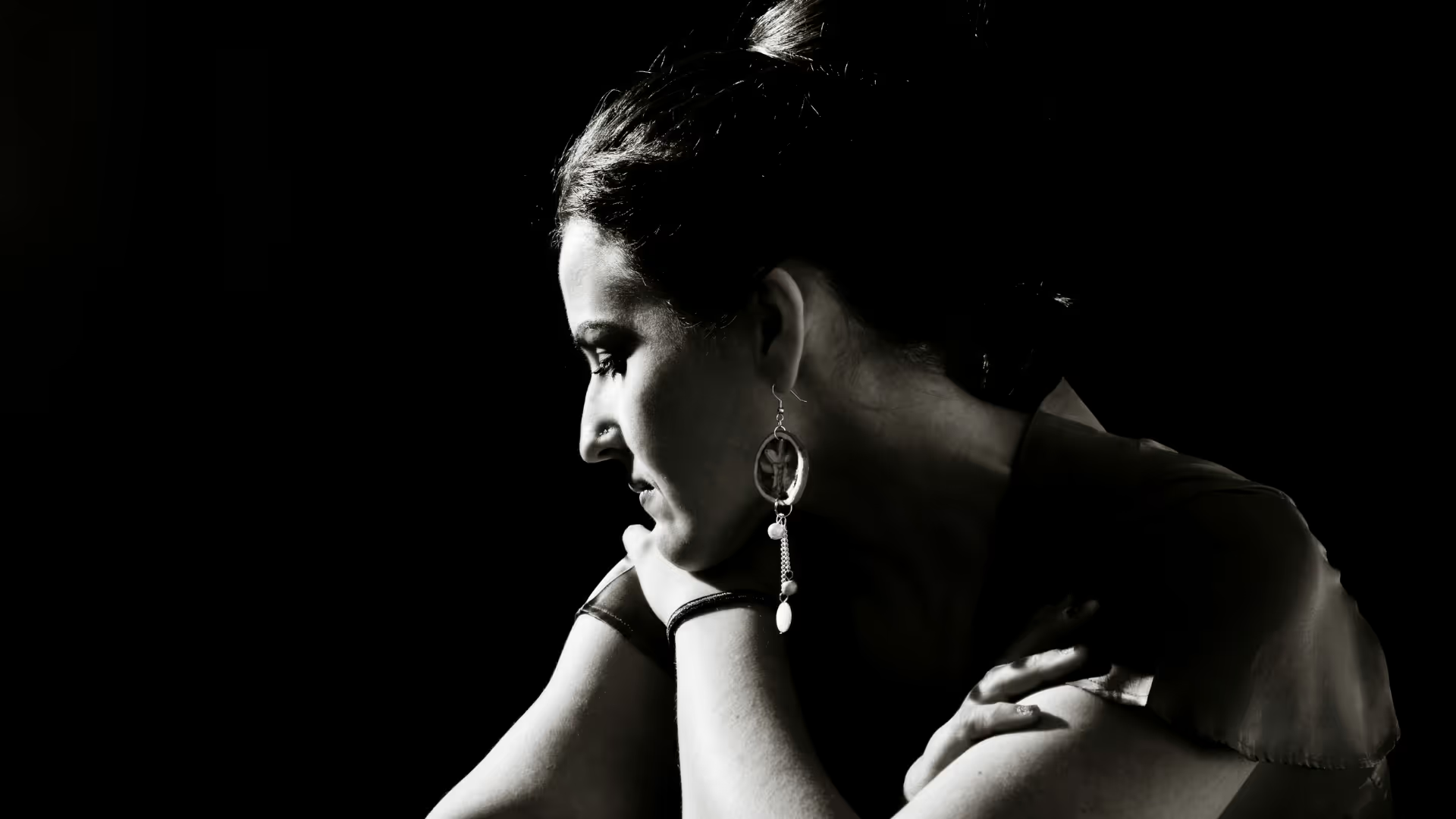
Understanding New UAE Law on Domestic Abuse: A Holistic Legal Perspective
The United Arab Emirates issued Federal Law No. 13 of 2024 regarding Domestic Abuse, herein referred to as the "New Law," on October 2, 2024. Certain amendments had been made in the existing law, and more protection was given to victims of domestic abuse. The New Law was issued to complement and eventually replace Federal Decree-Law No. 10 of 2019, which had several omissions, due to narrowness, to fill in and give further protection to the vulnerable ones.
To this end, family and criminal lawyers seek to investigate these amendments, analyze the consequence, and provide a weightier understanding of how such amendments will impact citizens and families residing within the UAE. This article pulls together comments, views, and analyses previously provided to our readers to offer our clients a better, integrated view of the New Law and how it actually works in life.
Major Developments provided under Federal Law No. 13 of 2024
1. Wider definitions of abuse and new categories of protection
While the Old Law only listed different forms of domestic abuses such as physical, psychological, sexual, and economic abuses without giving substance to what each constitutes, this New Law has bridged the gaps by giving substantial and specific definitions to such forms as psychological and economic abuses, now standing clarified that any act which may affect the victim's mental, emotional, or economic well-being falls within the purview of domestic abuse.
Also, the New Law brings domestic workers into the circle of protection as "family members" for purposes of the definition. It follows that domestic workers are now brought within the ambit of protection afforded by the law on domestic abuse as potential victims, and their maltreatment at home is made accessible to the very same legal scrutiny and protection afforded to familial abuse.
2. Enhanced Protection for Vulnerable Groups
The New Law has, however made special provisions regarding the protection of vulnerable groups-children, aged family members, and domestic servants. Such persons are those who may be in situations that may render them unable to help themselves. Explicit protection by the legal system should therefore accord to such persons.
It has empowered them through clear provisions of the channels they have to report the abuse and seek legal redress. This is contrasted with the Old Law, which had such provisions, but they were ambiguous and at the discretion of courts.
3. Establishment of Fully Fledged Support Systems
The New Law is peculiarly detailed on the mechanisms of victim support, including shelter provisions in cases of emergency, counseling, and rehabilitative programs for victims. It could be that such services may be accorded with the victims one way or another, though the simplified process is aimed at immediate and long-term support.
This is a holistic approach, taking into consideration not only the immediate physical or emotional damage of domestic abuse but also the long-term psychological trauma to which the victim is subjected. In the Old Law, such measures were by and large absent, and attention was paid more to penalizing the offender than to the recovery and reintegration of the victim into mainstream society.
4. Stricter Penalties for Perpetrators
While the fine has increased under the New Law from the previous range under the Old Law-from AED 1,000 to AED 10,000-to a new range of AED 5,000 to AED 50,000, violation of a restraining order attracts a fine of up to AED 20,000, as compared with the maximum prescribed of AED 5,000.
About imprisonment, the New Law also retained six months' imprisonment for first-time offenders but for the first time brought in this uniquely new feature of doubling the sentence in case of recidivism within a year, regardless of the gravity of the second offense. This is indicative of a hardline stance taken towards career criminals, whereas under the Old Law, the penalties for second offenses were increased only according to the gravity of the second offence.
5. Compulsory Rehabilitation Programs
Also, the New Law encompasses that offenders must attend counseling and behavioral correction programs. This eschews pure punitive measures in favor of rehabilitative ones, underpinned by more enlightened understandings of the roots of domestic violence. The move also reflects an imperative realization that punitive action must be accompanied by rehabilitation; otherwise, repeat offenses would continue unabated.
This law places the New Law not only as a punitive tool but also as a vehicle of change for society in reducing incidences of domestic abuse through educative and behavioral reforms.
Why This Law Matters: A Perspective on the Region
Traditionally, the UAE has always been in the forefront of legal reforms which harmoniously blend traditional values with modern legal principles. Only Federal Law No. 13 of 2024 has shown that the UAE is really committed to providing a safe and enabling environment for all of its residents, whatever their status or background may be: being defined as persons of protection, domestic workers, psychological and economic abuse, and providing comprehensive supporting mechanisms-the understanding of the complexity of domestic abuse has been deepened.
This new legislation has raised the bar as far as laws on domestic abuse are concerned in this region. The law meets international threshold criteria on human rights and is likely to provide the model on which neighbor jurisdictions will base their reform processes in an effort to offer better protection to vulnerable individuals.
How This Law Affects You: Practical Implications
Should you or anybody close to you happen to be in a domestic abuse case, it is here or a situation like this where that will turn out to be very important to know how this New Law will protect and provide recourse. The New Law has provided for more clearly defined channels of reporting, better mechanisms for enforcement; hence, the sentences have become much harsher.
In so doing, our law firm guides and advises our clients through the maze of such a legal battle-from seeking protection orders to filing criminal charges against a perpetrator or even from special services, we provide the needed guidance and representation.
Conclusion
Federal Law No. 13 of 2024 on Domestic Abuse fills in the big comprehensive legislative lacuna that did exist, while introducing new and more robust mechanisms into this fight against domestic violence in all its forms. What is more significant, the quantum leap for the UAE in putting a high degree of importance on the protection of vulnerable people and assuring victims' access to care and justice.
Please do not hesitate to contact us for a confidential consultation if you have any questions regarding how this new law may apply to your particular set of facts and circumstances or if you need legal representation in a domestic abuse case.




















